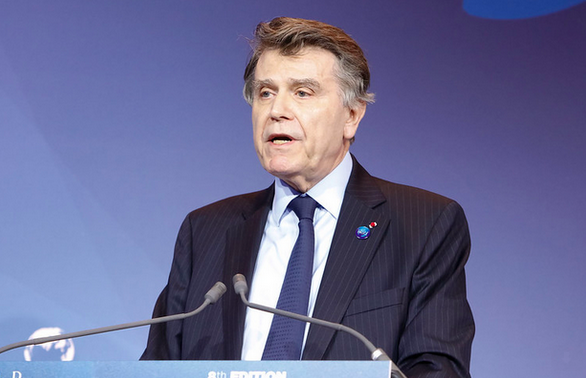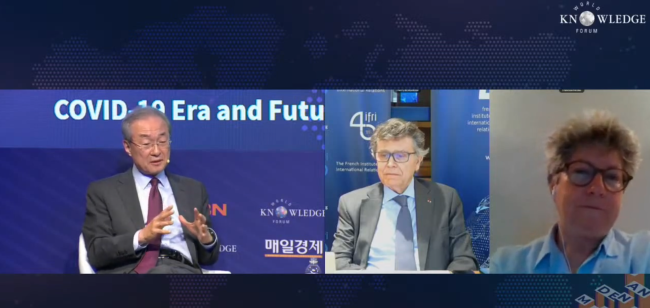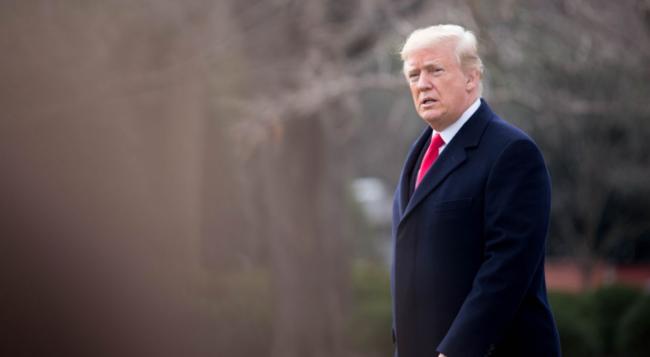International Organizations and Multilateralism
Rhetoric on the crisis of multilateralism is frequent. International organizations (UN, WTO, etc.) remain no less important, while other forums (G20, BRICS, etc.) are asserting themselves.
Related Subjects
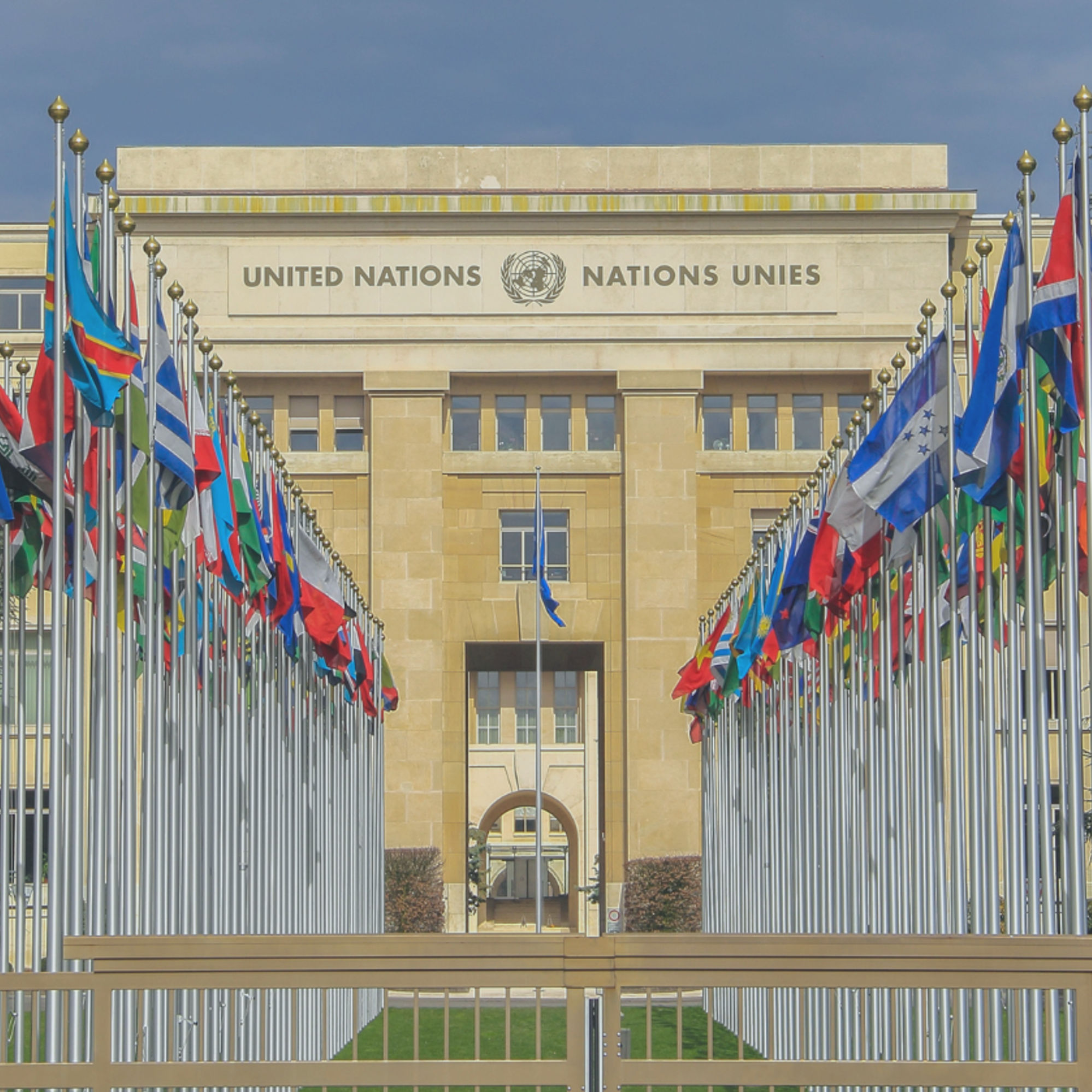
Letter from Europe: Disorder, Injustice and our Current Crisis
Looking back on the last few weeks, a famous quote by Goethe (from his report on the siege of Mainz in 1793) came to mind: “Better to commit an injustice than to countenance disorder.” In other words, disorder engenders more injustice than it eradicates.
COVID-19 Puts International Health Cooperation to the Test
The COVID-19 pandemic catalyzed international tensions, in particular between China and the United States.
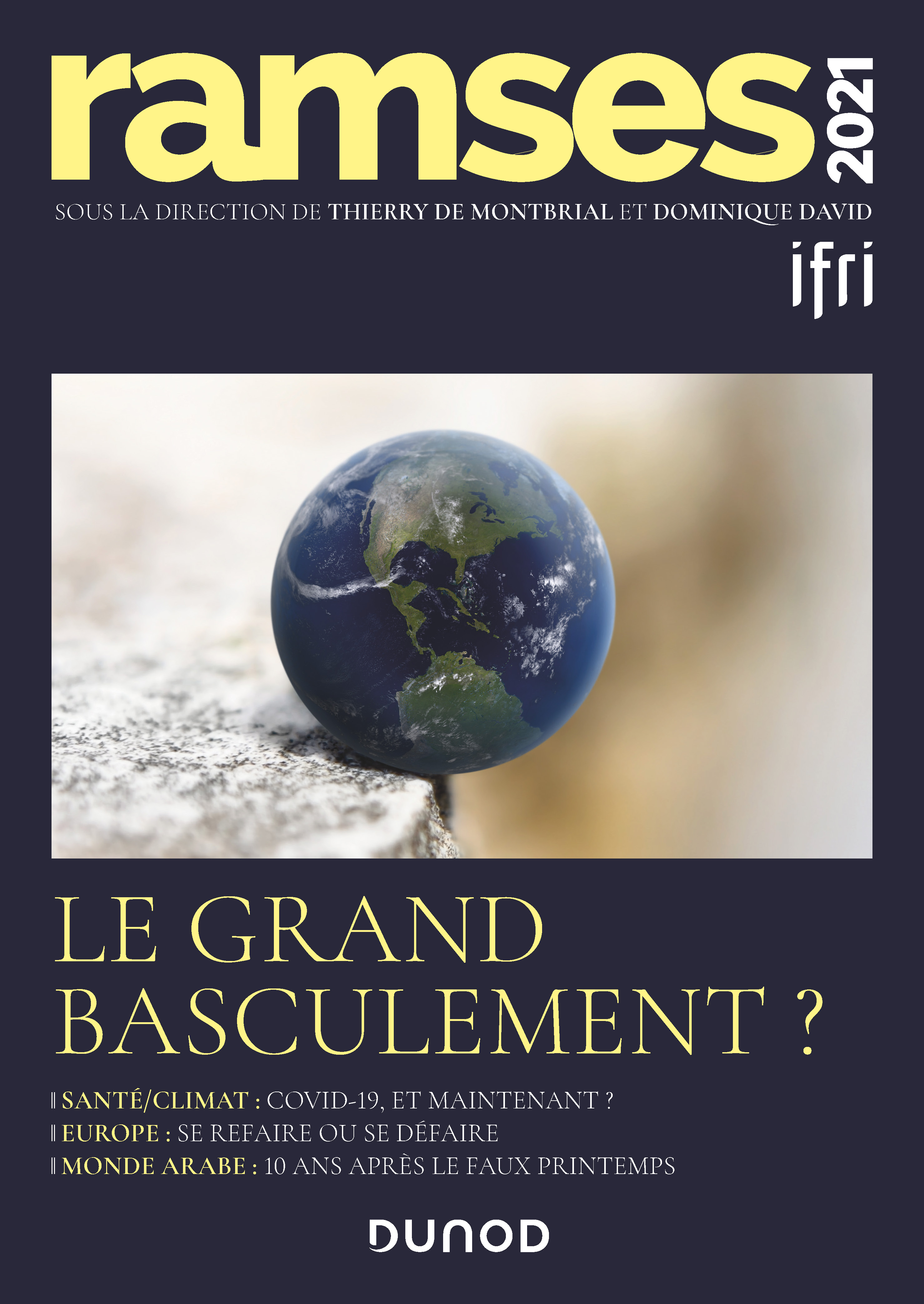
RAMSES 2021. At the Edge?
RAMSES 2021. At the Edge?, written by Ifri's research team and external experts, offers an in-depth and up-to-date analysis of geopolitics in today’s world.
Justice and Might
Looking back on the last few weeks, a famous quote by Goethe (from his report on the siege of Mainz in 1793) came to mind: “Better to commit an injustice than to countenance disorder.” In other words, disorder engenders more injustice than it eradicates. But, if one word characterizes the world at the end of summer 2020, it is disorder.
France and the Modernization of the EU-Turkey Customs Union: Interests and Obstacles
This report is part of a joint endeavor of the Centre for Applied Turkey Studies (CATS) at Stiftung Wissenschaft und Politik (SWP), along with Elcano Royal Institute (ELCANO, Madrid), The Polish Institute of International Affairs (PISM, Warsaw), Istituto Affari Internazionali (IAI, Rome) and the Hellenic Foundation for European and Foreign Policy (ELIAMEP, Athens), to open perspectives for the modernization of the European Union-Turkey Customs Union (EU-Turkey CU).
What international order can be expected in a post-COVID-19 world ?
Thierry de Montbrial, Ifri's executive chairman, et Françoise Nicolas, director of Ifri's Center for Asian Studies, talked about the global order in a post-COVID-19 world at a videoconference on July 15th ahead of the World Knowledge Forum organized by Maeil Business Newspaper.
Consequences and Lessons of a Virus
As Europeans get ready for their summer holidays, the Covid-19 pandemic seems to be winding down, despite hotspots cropping up here and there. However, we are not safe from the next wave. After so many careless speeches, nobody dares to make any more precise forecasts. In any case, any confirmed lull fosters broader reflections both on the disaster’s consequences and the dysfunctions that allowed it to happen.

COVID-19: A Public Health and Geopolitical Shock
The COVID-19 crisis has hit the countries of the European Union (EU) hard.
Global Public Goods: Beyond Empty Words
As I write these lines, the COVID-19 pandemic seems to be following the pathway forecast by those epidemiologists and virologists, who have been telling us for weeks that the wave is past its peak. If it is, this does not mean that we are safe from a second wave some time later, but only that the first surge is over.
Embattled at Home, Trump Finds Himself Isolated Abroad, Too
With American cities burning and the coronavirus still raging, killing more people than in any other country, President Trump also has growing problems overseas. He has never before been so isolated and ignored, even mocked.
Support independent French research
Ifri, a foundation recognized as being of public utility, relies largely on private donors – companies and individuals – to guarantee its sustainability and intellectual independence. Through their funding, donors help maintain the Institute's position among the world's leading think tanks. By benefiting from an internationally recognized network and expertise, donors refine their understanding of geopolitical risk and its consequences on global politics and the economy. In 2024, Ifri will support more than 70 French and foreign companies and organizations.










